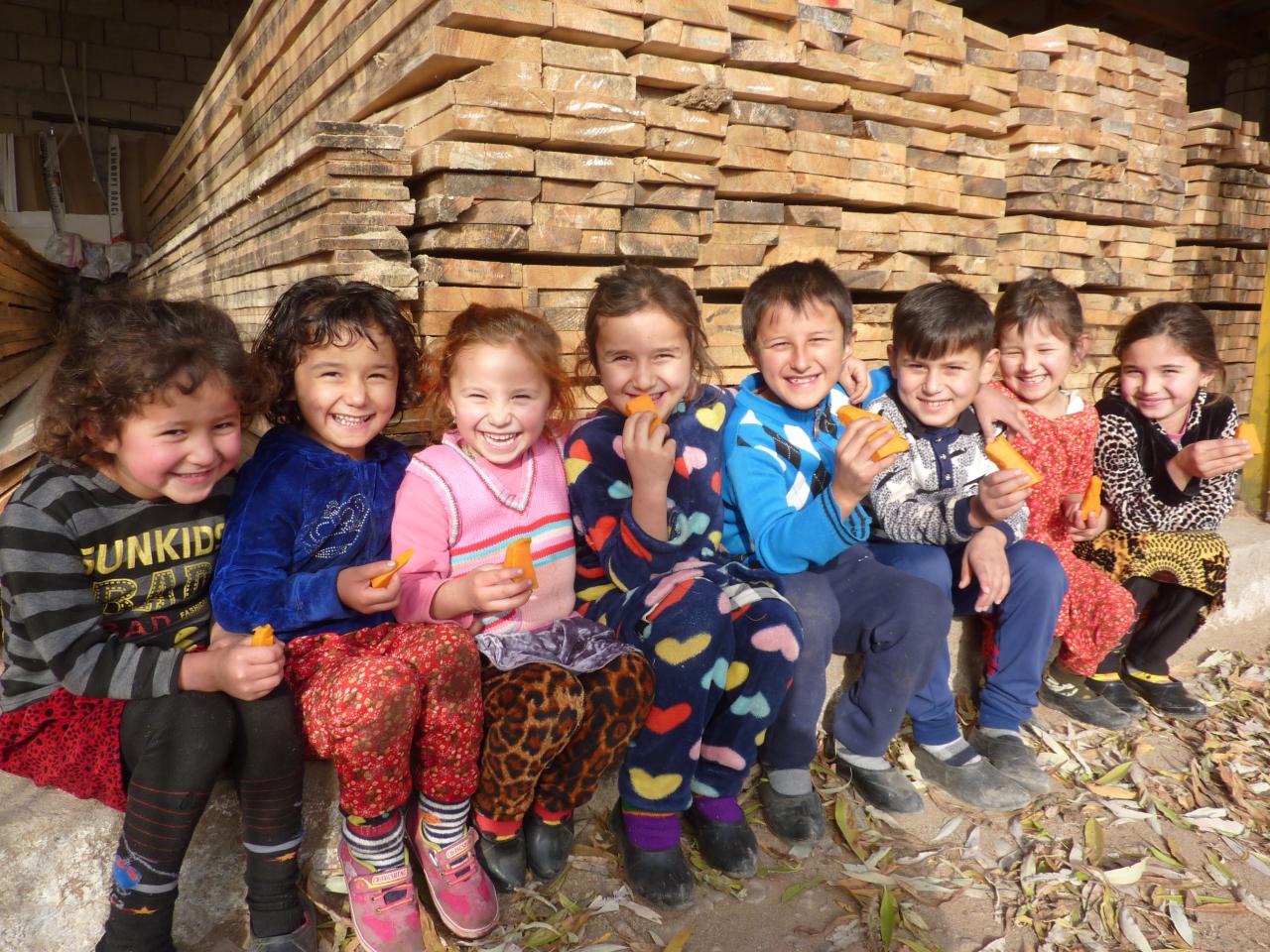
Social expectations significantly influence what people eat. Expectations about which behaviors are appropriate or typical, also known as social norms, guide what women should avoid eating during pregnancy and can also dictate children’s first foods during the critical period of growth and development within the six months leading up to their first birthday. Social norms also guide what farmers produce, and what vendors sell in the markets, further shaping food choices.
Despite the power of social norms, they are often overlooked in nutrition programs. Instead, the focus is usually on the supply of food or building individual knowledge and skills. USAID Advancing Nutrition examined peer-reviewed literature and program reports to identify and summarize social norms relevant to complementary feeding of young children, intervention approaches that address norms, and their impacts on social norms and complementary feeding outcomes:
- Many reports described various norms, customs, and perceptions related to appropriate foods for young children, parenting practices, gender, and family.
- Evaluations of norms-focused interventions reported improved complementary feeding practices, but few assessed impacts on social norms.
- A forthcoming review of social norms and women’s diets found similar challenges in programs, and identified norms that guide food choices as well as meta-norms related to gender ideologies and power that influence intrahousehold food distribution, among other practices.
USAID Advancing Nutrition developed a guide to share these lessons along with resources from the USAID Passages Project and the Social Norms Learning Collaborative. The guide helps practitioners understand and respond to social norms influencing women’s and children’s diets for more effective and sustained improvements in nutrition outcomes.